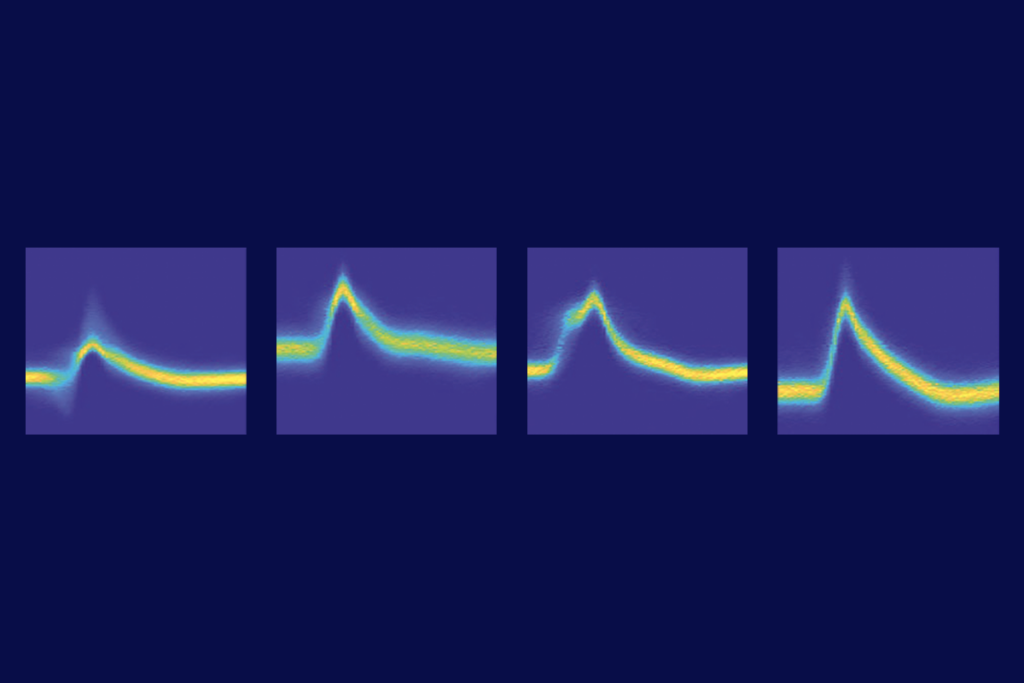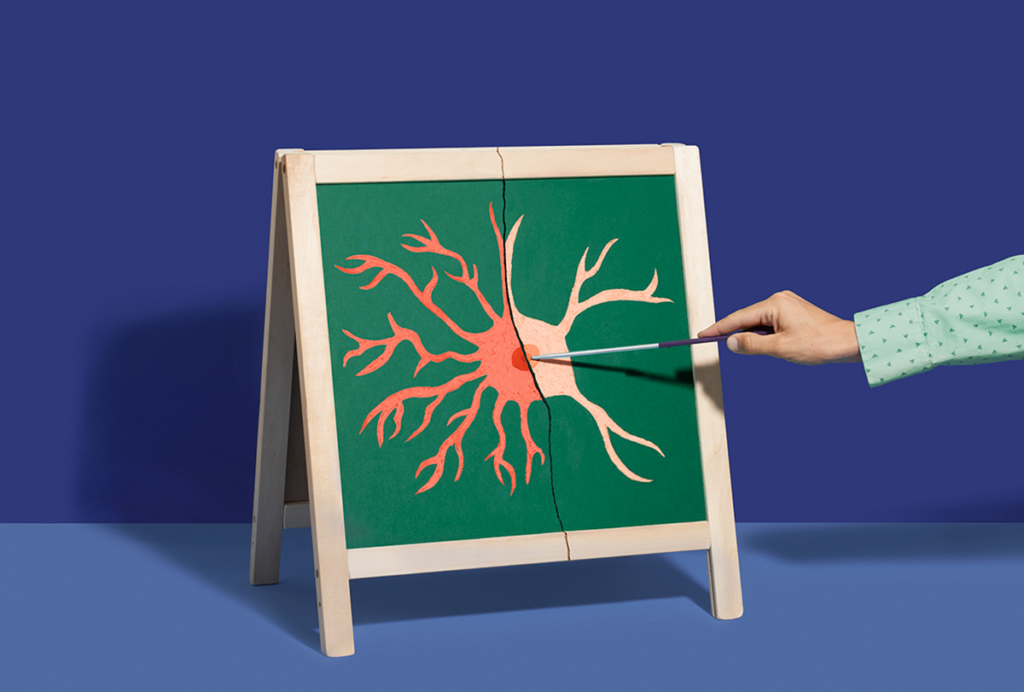ASHG 2013
Recent articles
Recurrent mutations up risk of autism, related disorders
Autism, epilepsy and intellectual disability share certain risk genes, and mutations in these genes recur in multiple individuals. The preliminary results were presented Friday at the American Society of Human Genetics Meeting in Boston, Massachusetts.

Recurrent mutations up risk of autism, related disorders
Autism, epilepsy and intellectual disability share certain risk genes, and mutations in these genes recur in multiple individuals. The preliminary results were presented Friday at the American Society of Human Genetics Meeting in Boston, Massachusetts.
Hopping gene destabilizes autism-linked chromosomal region
Researchers have found the first direct evidence that a hopscotching gene destabilizes the 15q13.3 chromosomal region, and may be to blame for the region’s role in autism and other brain disorders. They presented the unpublished results Wednesday at the American Society of Human Genetics Meeting in Boston, Massachusetts.

Hopping gene destabilizes autism-linked chromosomal region
Researchers have found the first direct evidence that a hopscotching gene destabilizes the 15q13.3 chromosomal region, and may be to blame for the region’s role in autism and other brain disorders. They presented the unpublished results Wednesday at the American Society of Human Genetics Meeting in Boston, Massachusetts.
Explore more from The Transmitter
INSAR takes ‘intentional break’ from annual summer webinar series
The International Society for Autism Research cited a need to “thoughtfully reimagine” its popular online program before resuming it in 2026.

INSAR takes ‘intentional break’ from annual summer webinar series
The International Society for Autism Research cited a need to “thoughtfully reimagine” its popular online program before resuming it in 2026.
Null and Noteworthy: Neurons tracking sequences don’t fire in order
Instead, neurons encode the position of sequential items in working memory based on when they fire during ongoing brain wave oscillations—a finding that challenges a long-standing theory.

Null and Noteworthy: Neurons tracking sequences don’t fire in order
Instead, neurons encode the position of sequential items in working memory based on when they fire during ongoing brain wave oscillations—a finding that challenges a long-standing theory.
How to teach this paper: ‘Neurotoxic reactive astrocytes are induced by activated microglia,’ by Liddelow et al. (2017)
Shane Liddelow and his collaborators identified the factors that transform astrocytes from their helpful to harmful form. Their work is a great choice if you want to teach students about glial cell types, cell culture, gene expression or protein measurement.

How to teach this paper: ‘Neurotoxic reactive astrocytes are induced by activated microglia,’ by Liddelow et al. (2017)
Shane Liddelow and his collaborators identified the factors that transform astrocytes from their helpful to harmful form. Their work is a great choice if you want to teach students about glial cell types, cell culture, gene expression or protein measurement.